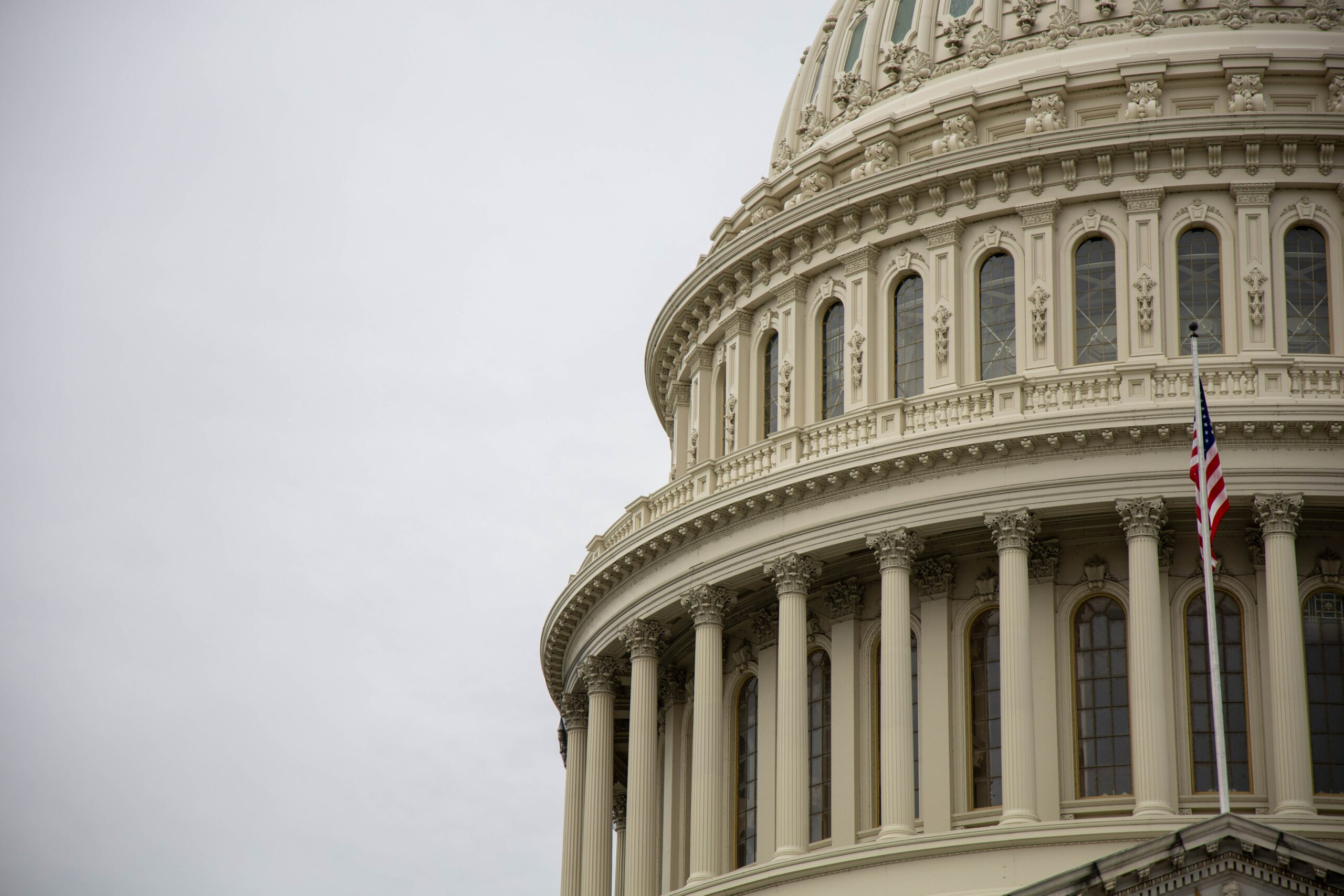Achieving the dream in Maryland
If Maryland is going to become more economically productive, community colleges will be responsible for this work, as the largest number of Marylanders begin their postsecondary education at a community college. Community colleges are where Marylanders go to join the middle class. Between now and 2031, there will be 18.5 million job openings per year on average across the nation and 72 percent will require at least some college education.


